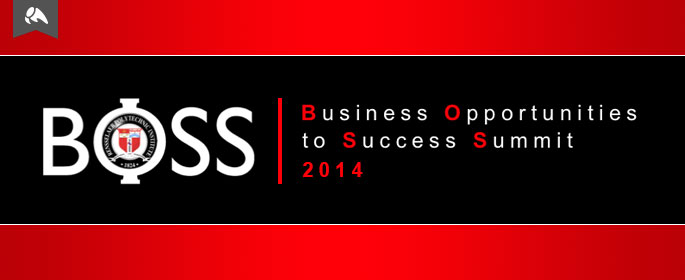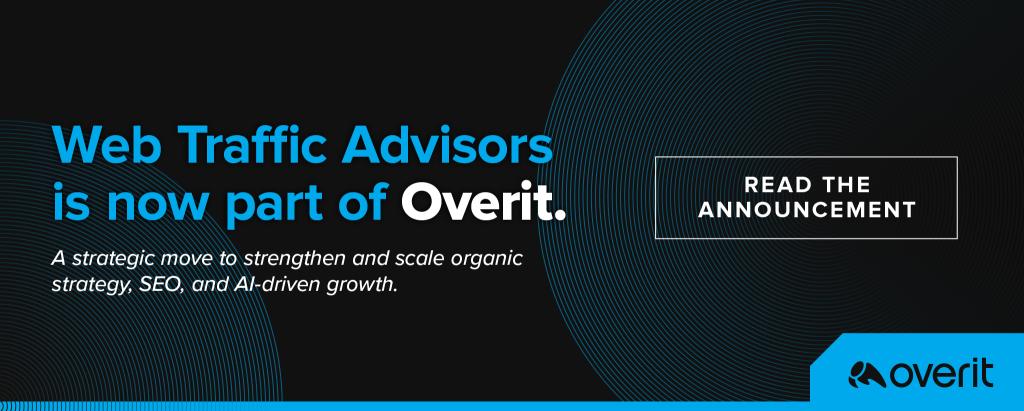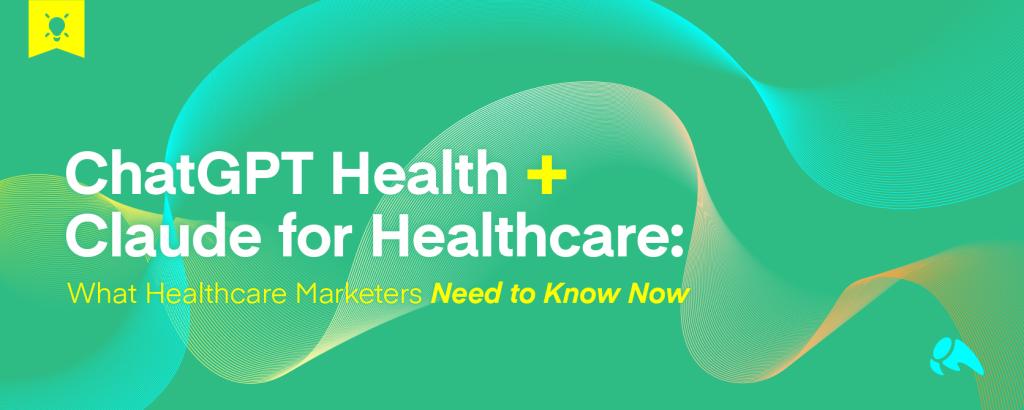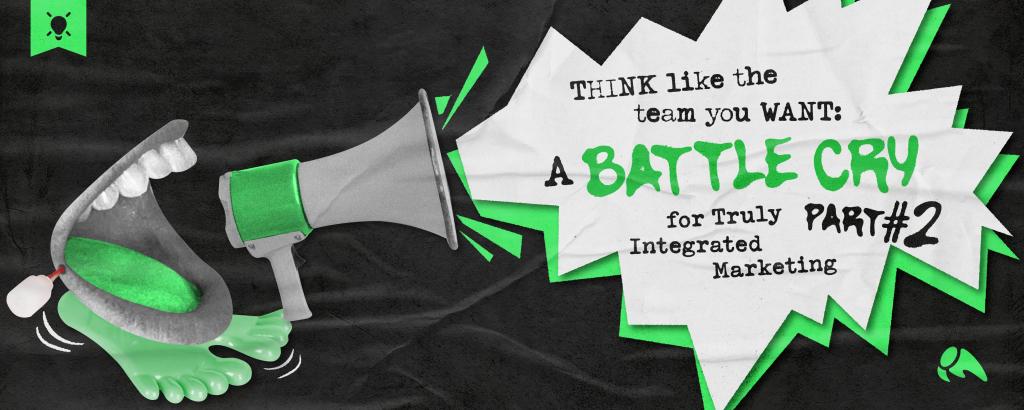
Session #3: Assess. We’re focusing on verifying the feasibility of building a business around your invention.
Jeff Killeen, Chairman, The FUND for Lake George – Navigating Whitewater Without Capsizing
P = 40 to 70. The doctrine of Colin Powell. He maintains that you never have perfect or complete information, but we must decide and we must act. Speed is very often everything. He says if you have between 40 and 70 percent of the intel you’d like to have, you should act. If you wait, it’s probably faithful.
He agrees. Trust your gut and act.
In your business, anticipate life cycle inflection points before they happen. Did we have a great product, or did we build the foundation for a great business? One-product enterprises often have very short life cycles and replaceable value propositions. Anticipate inflection points.
Without question, err on over communicating, don’t keep it close to the vest. You’ve invited people on a wild ride, share it with them.
Finally, force yourself to look at your business from perspective of a blank piece of paper. If I could redesign, recalibrate, what would I do differently? Then figure out how you can do it now.
Jim Connolly, President and CEO, Ellis Medicine – Disruptive… But Positive Innovation Is Really Coming To Healthcare
In healthcare, we’re going to have to rebuild and restructure our model of care, because it’s not sustainable. Costs are starting to increase, and at a faster pace. The total spending of the federal government is mirroring the line of healthcare. Everyone who looks at that line sees it’s not sustainable. Medicare and Medicaid is not sustainable as currently structured.
The first step is – as we’re doing in healthcare – to understand the economic factors, what they are, where they’re going.
Disruptive change in healthcare is a real possibility. We’re going to change who’s delivering the care and where. Retail clinics are quite a big change. The most dramatic example is Wal-Mart, who wants to be the major provider of primary care in the U.S.
He speaks to the need to anticipate what is going to happen to consumers. Risk and financial responsibility will be transferred to patients. What then? Know that people pursue medical tourism. Will that increase?
His patients, the consumers, will see higher quality, lower cost outside of the mainstream healthcare providers. Things are changing. He says you can’t be afraid of disrupting your own market, if it’s necessary.
Armand Shapiro ’63, Principal, Newport Board Group – Three Steps To Becoming A Customer-Obsessed Company
An early 90s study found that the most profitable company is the company that was the most obsessive and most sensitive to its customers. This is why customer-obsession matters.
Sometimes, the user and purchaser are the same, many times they are not. You have to understand who your customer really is – who’s making the decision? What do you know about your customers and how they think, what they want? How is that going to impact your business?
Understand what is important so that you know what to deliver as a business. You have to understand, ask and listen. What do your customers want you to do? That’s how you earn their trust. If you continue to just do what you want to do, they will leave you.
Agree to do business on their terms. Not on yours. That sounds simple, but it’s hard and it’s necessary. If you don’t structure your company, products and services to be responsive, they will go elsewhere. Work on their terms, and you’ll find success in the market place.
Key Compton, Senior Vice President, LivePerson – Your Team Is The Key To Your Longterm Success
His story starts with his wife, a member of his own personal team (aw!). Those teams that you build and keep throughout time are the key to your success. Recruit often, be patient and persevere. Surround yourself with mentors, rising stars and new contacts. Trust your gut, stick to your commitments and explore every path. Remember that team members add different value at different points in time. The investment to that team is what makes businesses successful.
Maryann Bowman, President and CEO, Collision Experts – Re-Assessing The Business And Pivoting Through Crisis
She calls owning a business a ride, with an honor to employ people and provide a service, but with a lot of work. She points out roots of Collision Experts in Bowmans Orchard.
She’s covering what to do when change happens. Her husband died last year (she doesn’t use “passed away”). It wasn’t just her grieving children she had to take care of. 45 employees needed to be taken care of. That next Monday, she had to be at work. So she said, here’s what happened. Here’s where we’re going. We’re going to be okay.
She says to lead. Present the truth, answer questions directly, make as few changes as possible and rally the troops.
Then listen. Make employees part of the change, and be open to their concerns and their ideas. Thank them for their input and restate their views.
Then lead intentionally. Evaluate what changes will have the greatest impact. Know the quick things you can do that will make an impact immediately. Keep what worked of the old culture.
If you’re going to employ people and run a company, be ready to give a lot to those people even when you have a personal crisis, and/or a crisis at your business.
Kevin P. Grace, President and CEO, Gracecom Telecommunications – No One Cares How Much You Know
Words count for about 50% but your actions count for 100%. The sound of what you do always drowns out what you say. Great cultures are where great leaders spend time with their people. People care how much you care, not so much how you know. You care by spending time with people.
Are you afraid to develop relationships with your team? He makes a Moneyball reference, about being afraid to make relationships if the baseball players might be traded or sent down.
Kevin says you most likely don’t have a world-class budget to pay your people with. But you can believe in people and show how great you believe they will become. They will rise up for that. They want a role in your story. Show how important they will be.
Ed Mitzen, Owner, Fingerpaint – Avoiding Common Entrepreneur Mistakes
Don’t open a sports bar because you like to go to sports bars. You need to know something and understand the space. Don’t start a gym because you like going to the gym. You know nothing about their overheard costs, common issues, etc.
Don’t hire people unless they are smarter than you. If you feel like you should be the smartest person in the room, your business will be maxed out based on your ability. We bring on really good people, give them the tools they need to succeed, and we get the hell out of the way to let them run.
Don’t view advertising and marketing as a cost center. It’s not. It’s a new business generator. If you don’t have a lot of money, spend it on social and PR. Make yourself relevant.
Jason Kuruzovich, Ph.D., Director, Severino Center for Technological Entrepreneurship – The Business Model Canvas and Customer Discovery
Where are your business killing assumptions? Don’t have assumptions. Get out and talk to people. Customer discovery early in the process of business development is essential.
There are no answers in front of a whiteboard. There are answers in front of customers. Not just surveys. Don’t just ask your questions and talk about your ideas. Talk about their needs.
Take whatever initial product you have to the customer and validate it. Use it in an iterative way, by linking customer feedback to your development. The fastest way to create a product is to kill the initial idea and move on to the next one.
Thomas M. Begley, Ph.D, Dean, Lally School of Management – On the Important of Business and Entrepreneurship Education
Business analytics is exploding, and there are lots of opportunities in this field. McKinsey company finds by 2018, 190,000 jobs will be unfilled in business analytics because we don’t have the skills to fill them. 1.5M jobs total.
Start by crunching data in your own companies. Start with your website. There’s plenty of information to dig into there.
Or, start companies that crunch data for other folks.
Or, consult on how to crunch and use data. There are so many opportunities for entrepreneurs, and it’s only going to grow.
Up next is Session #4: Prepare.
[Looking for more #boss518 coverage? It’s right here.]







